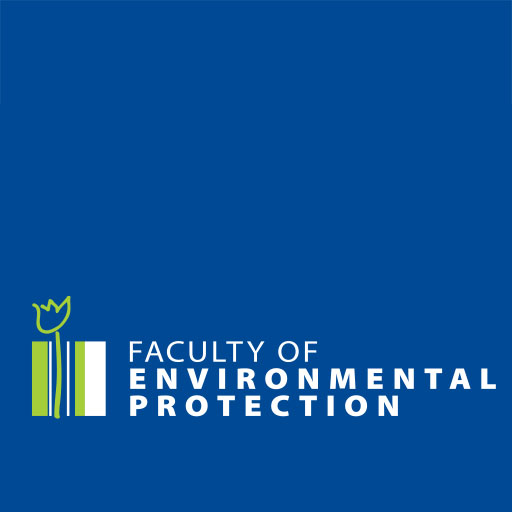About industry
The fields of environmental protection, nature conservation, and sustainable use of natural resources play a crucial role in achieving prudent and sustainable social development, which must be based on the principles of environmental and nature conservation. Sustainable development represents a significant direction that seeks to find a balance between the demands of the economy and environmental and nature conservation constraints, with the aim of reducing the impact of industry and social development on the quality of life, human health, organism life, and the environment, while also considering the carrying capacity of nature.
In the context of eco-technological development, the field of environmental protection focuses on the development and utilization of innovative technologies, strategies, and approaches designed to protect the environment, reduce climate impacts, and promote sustainable development.
One of the key tasks of the industry is to reduce the negative environmental impacts caused by industrial processes, agriculture, transportation, waste, and other factors. Through scientific research and engineering, innovative technologies are developed to reduce greenhouse gas emissions, purify water and air, and reduce waste. The transition to renewable energy sources is also crucial. The development and use of renewable sources such as solar, wind, hydro energy, and biomass enable the reduction of fossil fuel use and greenhouse gas emissions, contributing to pollution reduction and facilitating adaptation to climate change.
Through innovative solutions, collaboration among researchers, businesses, public institutions, and raising awareness in society at large, the industry contributes to a greener and more sustainable future. It holds significant economic potential as it promotes the development of new technologies, creates new jobs, and enhances the competitiveness of the economy in the global market.
By developing and implementing environmentally friendly production processes and strategies for efficient energy and resource use, the negative impact on the environment is reduced, and sustainable resource use is encouraged. Reuse, recycling, and waste reduction are key elements in the circular economy, which promotes sustainable resource use and reduces the need for extracting new raw materials. The use of advanced technologies and smart systems enables better resource management, energy efficiency, air and water quality control, and increased mobility with a smaller environmental footprint.
Furthermore, the industry has significant economic potential as it stimulates the development of new technologies, creates new jobs, and enhances the competitiveness of the economy in the global market.
The areas of environmental protection, nature conservation and sustainable use of natural resources play a key role in achieving sound and sustainable social development, which must be based on the principles of environmental and nature protection. Sustainable development is an important orientation that seeks to strike a balance between the requirements of the economy and environmental and nature conservation constraints, with a view to reducing the impact of industry and social development on quality of life, human health, the life of organisms and the environment, while also taking into account the carrying capacity of nature.
In conjunction with the development of eco-technologies, the field of environmental protection focuses on the development and application of innovative technologies, strategies and approaches aimed at protecting the environment, reducing climate impacts and promoting sustainable development.
One of the key tasks of the sector is to reduce the negative environmental impacts caused by industrial processes, agriculture, transport, waste and other factors. Innovative technologies are being developed through scientific research and engineering to reduce greenhouse gas emissions, clean water and air, and reduce waste. The transition to renewable energy sources is also important. The development and use of renewable energy sources such as solar, wind, hydro and biomass makes it possible to reduce the use of fossil fuels and greenhouse gas emissions, helping to reduce pollution and facilitate adaptation to climate change.
Through innovative solutions, cooperation between researchers, businesses and public institutions, and raising awareness in society at large, the industry is contributing to a greener and more sustainable future. It has great economic potential, stimulating the development of new technologies, creating new jobs and contributing to the competitiveness of the economy in the global market.
The development and implementation of environmentally friendly production processes and strategies for the efficient use of energy and raw materials reduce the negative impact on the environment and promote the sustainable use of resources. Reuse, recycling and waste reduction are key elements in a circular economy that promotes the sustainable use of resources and reduces the need for extraction of new raw materials. The use of advanced technologies and intelligent systems allows for better resource management, energy efficiency, control of air and water quality, and increased mobility with a lower environmental impact.
In addition, the sector has great economic potential as it stimulates the development of new technologies, creates new jobs and contributes to the competitiveness of the economy in the global market.
